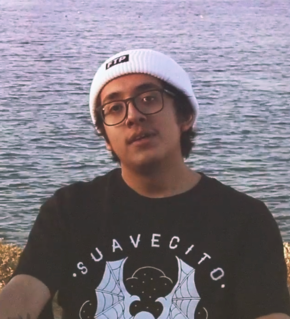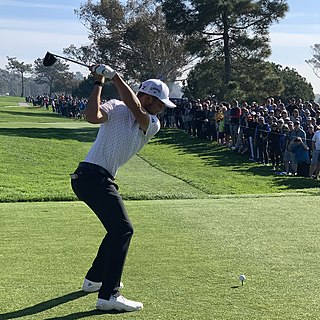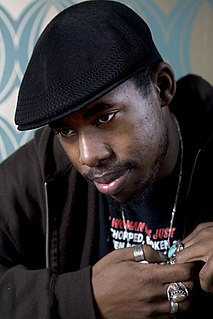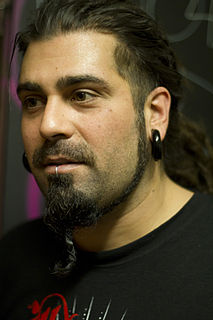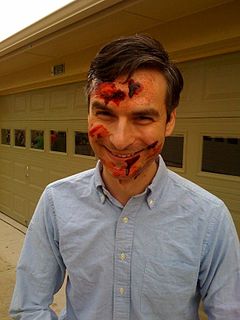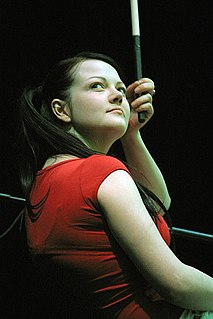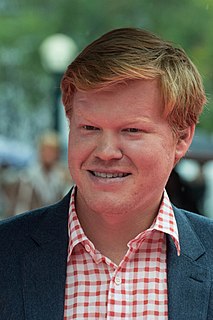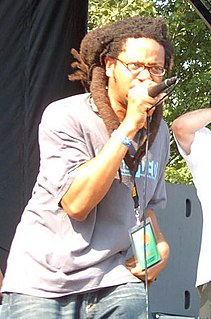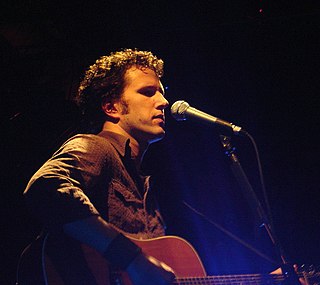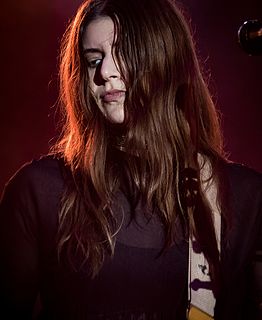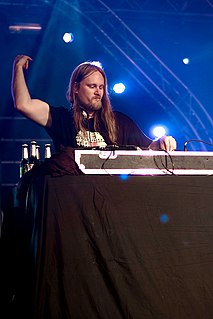A Quote by Cuco
I don't really follow genres. I have a bunch of really poppy tracks and then another super-low-fi, tape-recorded sound. It's actually really random.
Related Quotes
It seems like the powers that be are really trying to separate everything and really divide the genres and divide the trends. If you're metal and you don't sound like Slayer would sound now, then you're not metal. If you're punk rock and you don't sound like and preach about what The Sex Pistols would have preached about back in the day, then you're not really punk rock.
People think that the government honors and respects us, and that they're actually going to come in and help people in need, but in reality it's really just a bunch of red tape, and through the power of language they can really make it seem like they're going to do a lot when they aren't going to do anything but filter money back into their own pockets.
The switch to wi-fi came on so fast that it's everywhere now. It's really affecting things and I have a feeling that we're going to find out a lot more about what it's actually doing in a few years. I've had friends who are really sensitive to those kinds of frequencies and they are really affected by it.
People thought I was a really raw rapper that hated everything - a really sour person - but really I'm just a good, all-around music-making kid and I'm really happy. That really, I feel, painted my image to a lot of people. My music now, some people get sour over it because it's really happy, it's poppy, but I'm just telling them that that image from way back then was me feeling uncomfortable and now I'm comfortable.
